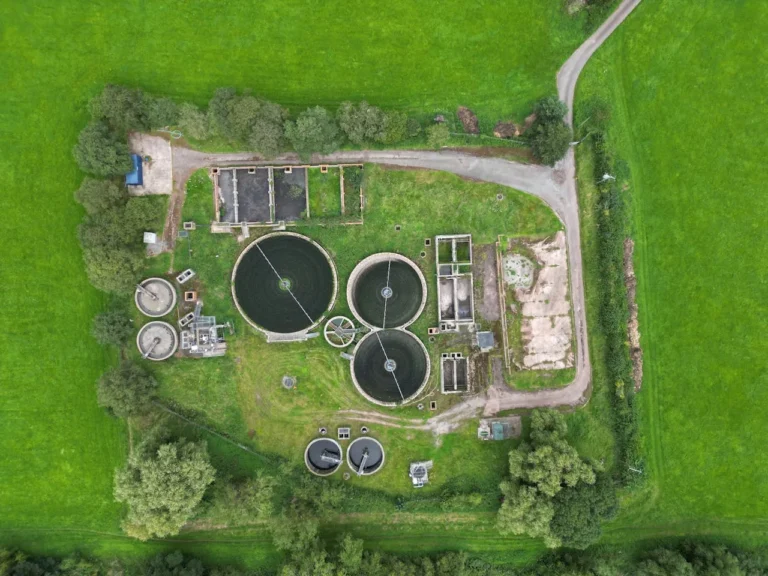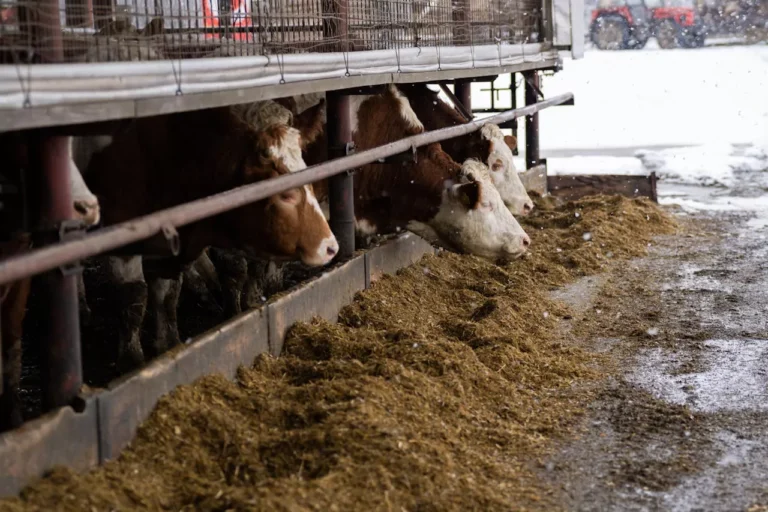
The “Germany Tractors Market Research Report 2025-2030″ has been added to ResearchAndMarkets.com’s catalog, offering a detailed overview of the current and future trajectory of one of Europe’s leading agricultural machinery markets. The German tractor market, measured at approximately 27,595 units in 2024, is forecasted to reach 31,150 units by 2030, reflecting a moderate yet steady compound annual growth rate (CAGR) of 2.04%.
Macroeconomic and Trade Factors
Germany’s well-established domestic manufacturing base, along with its strong trade ties within the European Union, provides a buffer against global economic headwinds and high import tariffs. As a result, the direct impact of foreign tariffs on the German tractor market is considered to be low to moderate. Nonetheless, there are potential risks looming. In particular, the proposed 20–25% U.S. tariffs on imported German machinery, including agricultural tractors, could adversely affect export competitiveness if enacted after July 9, 2025. These tariffs would likely increase the cost of German tractors in the U.S. market, potentially decreasing their demand among American buyers.
Market Trends and Growth Drivers
Precision Agriculture Accelerates Tractor Demand
Germany is rapidly advancing in the integration of precision agriculture technologies. Precision farming harnesses GPS-guided machinery, sensors, automation, and data analytics to increase productivity while minimizing environmental impact. The adoption of these tools is becoming increasingly widespread.
A 2024 survey by the digital industry group Bitkom and the German Agricultural Society (DLG) highlighted that 36% of farms in Germany already use precision field maps for fertilizer application, while 30% use them for pesticide deployment. Additionally, about one-quarter of farms have incorporated predictive maintenance systems for machinery. This rising trend of digitalization and data-driven farming significantly boosts the demand for modern tractors that are compatible with precision technologies, fueling overall market growth.
Electric Tractors Pave the Way for Sustainable Farming
The transition toward sustainability in agriculture is influencing equipment choices, and electric tractors are emerging as a vital piece of this puzzle. German manufacturers are innovating to meet the rising demand for low-emission solutions. Fendt, a flagship brand under AGCO, recently launched the standard Fendt e100 Vario, following the success of its e100 V Vario electric tractor prototype. These machines provide zero-emission alternatives without compromising on performance.
Germany’s national climate strategy further supports this transition. In 2024, the federal government allocated $3 billion toward decarbonization initiatives, including subsidies for electric agricultural machinery. Such incentives are expected to speed up adoption, especially among environmentally conscious farmers and agribusinesses.
Alternative Fuels Gain Ground
In addition to electrification, the market is witnessing the rising use of alternative fuels. Tractors powered by natural gas, hydrogen, biomethane, and synthetic methane are becoming more common as part of the move toward carbon-neutral agriculture. These alternative power sources not only reduce greenhouse gas emissions but also help lower fuel costs in the long term.
Supportive policies and investment in research and development have encouraged manufacturers to broaden their product offerings to include multi-fuel-compatible tractors. This multi-technology approach is critical to addressing the diverse energy and performance needs of different farming operations.

Food Security and Demographic Dynamics
Germany’s agricultural sector is also being influenced by demographic changes and evolving food demand. An aging population combined with a shrinking native workforce is creating gaps in labor supply. According to a 2024 report by Business Standard, Germany will require approximately 288,000 immigrants annually until 2040 to stabilize its economy and meet workforce needs.
As the population grows through immigration and urbanization continues, food demand is expected to rise accordingly. This demographic trend, coupled with climate variability and the need for greater productivity, supports increased mechanization in farming—pushing farmers to invest in modern tractors and other advanced agricultural equipment.
Robust Export Performance
Germany is a key player in the global tractor market, consistently ranking among the top five tractor-exporting nations. In 2023, global tractor exports reached $87.2 billion, marking a 53.7% increase from $56.7 billion in 2019. Germany’s contribution to this growth highlights the strength of its agricultural machinery industry and reinforces the country’s influence on global farming practices.
Challenges Facing the Industry
Labor Shortages Threaten Operational Capacity
Germany is facing a severe shortage of skilled labor, which is projected to reach a deficit of 7 million workers by 2035. This shortage is affecting the agricultural sector, where technical knowledge is crucial for operating modern, often digitalized machinery. The inability to find adequately trained personnel could hinder adoption of advanced tractor technologies, particularly in smaller or family-run farms.
High Costs of Ownership
The rising costs associated with purchasing and maintaining tractors are a major concern, especially for small and mid-sized farms. Advanced features, higher energy prices, and expensive spare parts contribute to the high investment burden. These cost challenges may delay replacement cycles and limit market expansion, unless counterbalanced by government subsidies or financing programs.
Decline in Tractor Registrations Across Europe
In 2024, Europe experienced a significant drop in new tractor registrations, driven by reduced farm incomes and external pressures such as unfavorable weather patterns and elevated input costs. Germany was not immune to these trends. Many farmers deferred capital investments, further impacting tractor sales.
Germany Tractor Market Segmentation
By Horsepower
- Above 150 HP Tractors: These accounted for the largest market share in 2024 and are projected to grow at a CAGR exceeding 2.6% through 2030. High-powered tractors are essential for large-scale operations due to their ability to handle heavy-duty tasks and rugged terrain.
- 50–150 HP Tractors: With over 9,000 units sold in 2024, this segment remains strong, offering versatility for mid-sized farms. They are ideal for routine tasks like plowing, hauling, and planting.
- Below 50 HP Tractors: Targeted primarily at small farms, vineyards, and landscaping businesses, these compact tractors provide a cost-effective and easy-to-operate solution. Their niche appeal is growing due to affordability and specialization.
By Drive Type
Two-wheel drive (2WD) tractors dominate the German market, favored for their affordability and low maintenance requirements—particularly suitable for flat terrain and smaller farms. However, four-wheel drive (4WD) tractors are gaining traction as precision agriculture and large-scale operations demand more powerful and versatile machines.
Competitive Landscape
The German tractor market is consolidated, dominated by global and domestic giants like John Deere, AGCO Corporation, CLAAS KGaA mbH, and SDF Group. These players benefit from strong brand reputations, extensive dealer networks, and a history of technological innovation.
AGCO, with its prestigious Fendt brand, enjoys high demand in Germany due to its premium quality and advanced features. Meanwhile, John Deere has expanded its innovation pipeline through a 2025 collaboration with Drive TLV, granting it access to startups developing solutions in autonomy, electrification, cybersecurity, and data analytics. This partnership positions Deere to remain competitive in a rapidly evolving agricultural tech landscape.




